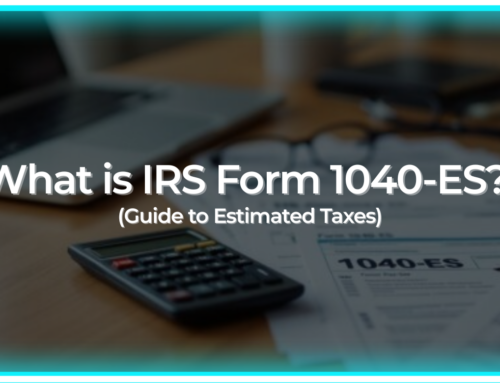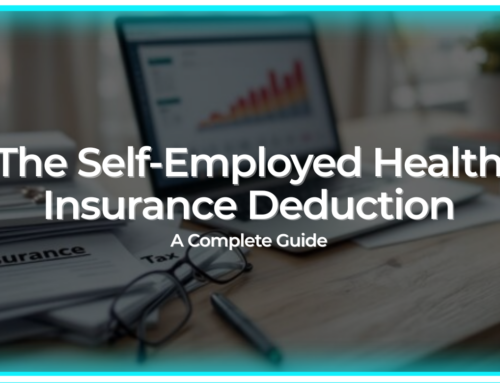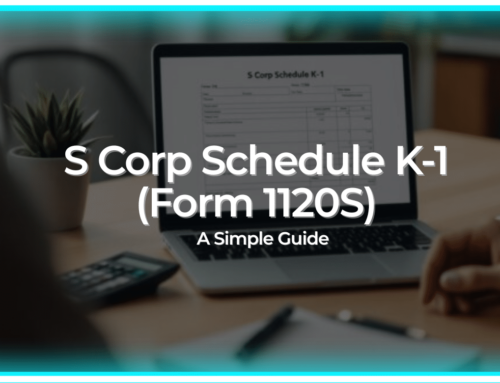Hi everyone, I’m Bette Hochberger, CPA, CGMA. Lately, I see that a lot of people have been getting into real estate investing. As a CPA that specializes in this industry, I thought it’d be a good topic to discuss today.
So, today I will provide valuable tips to help beginners navigate the real estate investment landscape successfully. Additionally, I will shed light on the taxes involved in real estate investing, ensuring a clear understanding of the financial aspects.
Real estate investment offers exciting opportunities for individuals looking to build wealth and secure their financial future. However, diving into the world of real estate can be daunting, especially for beginners. Let’s jump right in and learn more!
Set Clear Investment Goals
Before diving into real estate investment, defining your investment goals is essential. Determine whether you’re looking for long-term rental income, short-term gains through house flipping, or a combination of both. Clear goals will guide your investment decisions and help you stay focused on your desired outcomes.
Research and Educate Yourself
Real estate investing involves a broad range of concepts, strategies, and terminology. Take the time to educate yourself about the real estate market, different investment options, financing methods, and local regulations.
Attend seminars, read books, follow reputable real estate blogs, and network with experienced investors to expand your knowledge and make informed decisions.
Start with a Solid Financial Plan
Developing a financial plan is crucial to ensure you invest within your means and mitigate risks. Analyze your financial situation, including your budget, credit score, and savings. Determine how much you can comfortably invest and calculate your expected returns.
Consider consulting with a financial advisor or a CPA to create a solid financial plan tailored to your specific circumstances.
Location and Property Selection
Location plays an important role in real estate investment success. Research areas with potential for growth, favorable rental markets, and strong demand. Additionally, carefully select properties based on factors such as condition, market value, potential for appreciation, and rental income potential.
Financing Options and Strategies
Real estate investments often require substantial capital, and understanding financing options is crucial. Explore traditional mortgage loans, private financing, partnerships, or creative financing methods like seller financing or lease options.
Compare interest rates, terms, and repayment options to select the most suitable financing strategy for your investment goals.
Taxes Involved in Real Estate Investing
When getting into real estate investing, you must remember that taxes will come along with it. The taxes include rental income taxes, capital gains taxes, and 1031 exchanges.
Rental income is typically treated as taxable income, and expenses related to the rental property may be deductible, such as mortgage interest, property taxes, repairs, and property management fees.
Now, when selling an investment property, capital gains taxes may apply. Capital gains are calculated based on the property’s appreciated value since its purchase.
A 1031 exchange allows investors to defer capital gains taxes by reinvesting proceeds from the sale of one property into a similar property. This tax-deferral strategy can provide opportunities for portfolio growth and diversification. However, strict rules and timelines apply, so it’s important to work with professionals experienced in 1031 exchanges.
So, are you thinking about investing in real estate? It can be a rewarding venture for beginners, provided they approach it with careful planning and understanding. By setting clear goals, educating themselves, and considering important tax implications, beginners can confidently embark on their real estate investment journey.
As always, stay safe, and I will see you next time.







